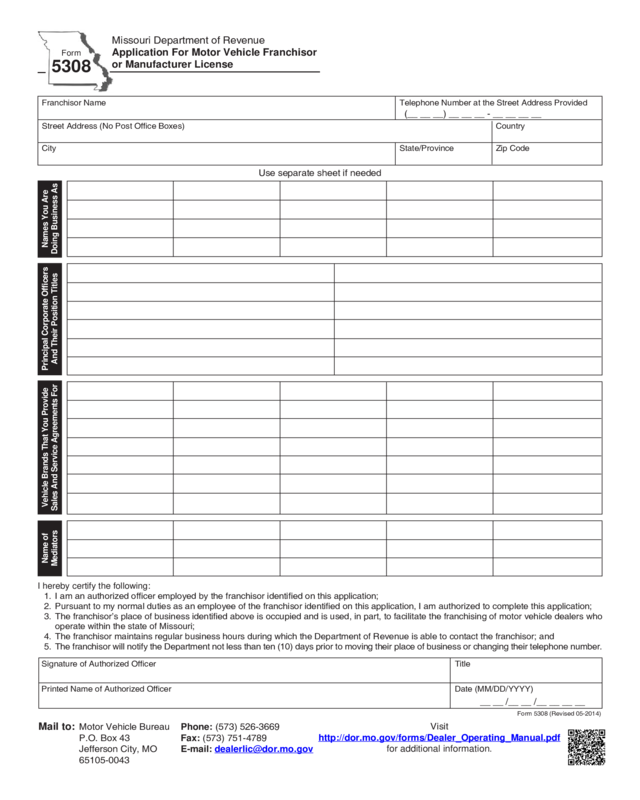

And if they don't follow the law, we file lawsuits to make them turn over the records. We focus on government agencies, archives, and libraries that have previously been unwilling to share their data. We use Freedom of Information requests to acquire and publish archival data sets, public records that have never before been available, or not available online.

We're Reclaim The Records, a 501(c)(3) non-profit organization founded in 2015, made up of genealogists, historians, researchers, journalists, and teachers. And then they would send over the files, either electronically or on a USB drive.Īnd that would have been the end of it. Then DHSS would ask for and receive payment. DHSS had provided small subsets of the same kind of data to many other requesters before, including journalists, for decades.Īll that DHSS needed to do was create an invoice for the requests, using the actual number of hours that a DHSS staffer would need to spend working on them, billed at that employee's usual hourly rate. The information was already in text format, stored in a big state database.
/cloudfront-us-east-1.images.arcpublishing.com/gray/T4P3MDEMZVERDKDZYDZAJTJK7Q.jpg)
This basic index data, just names and dates of people who were born or died in the state, were explicitly declared to be open to the public under Missouri state law, not restricted. Initially, it didn't seem like these would be difficult or controversial requests. In February 2016, the non-profit activist group Reclaim The Records asked the Missouri Department of Health and Senior Services (DHSS) for a copy of the state birth index and state death index, by making two requests under the Missouri Sunshine Law.


 0 kommentar(er)
0 kommentar(er)
